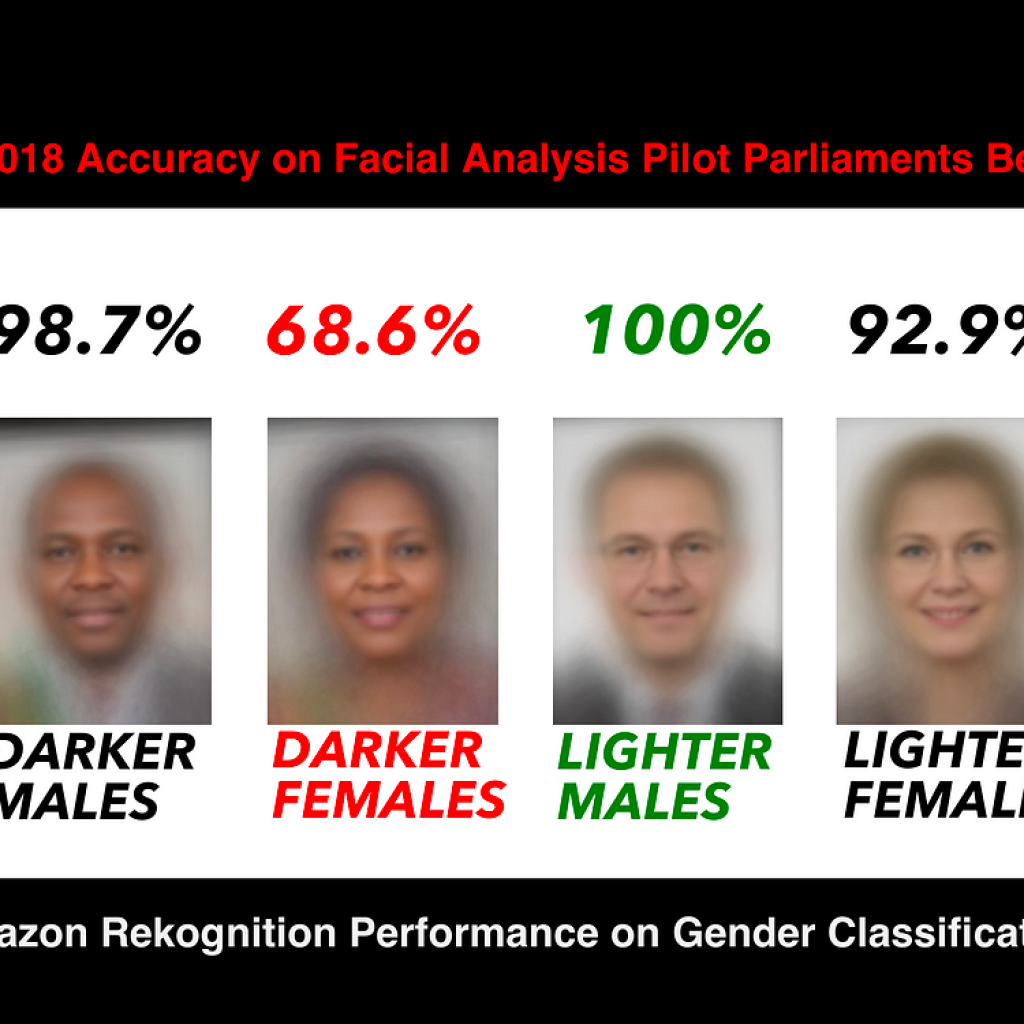Generative AI occurs in health and medicine; nevertheless, it has led to warm interest and criticism. Shaping the algorithmic mind is an interactive process that grows from decades of joint research in AI and psychoanalysis. Certain experiments are uncontroversial because they’re all about helping others, but on the other hand, some of the projects generate vast disagreements.
AI in Psychoanalysis of Widening Frontiers
AI has been introduced into psychoanalytic studies, and psychoanalysts find it increasingly useful daily. This one-of-a-kind endeavor initially might sound like Wild West storytelling, but the implementation of AI in psychoanalysis is ramping up at an unlimited rate. This passed advocacy delivers the message that AI can be used to explore the topics of the human mind.
Controversy arises in the context of the psychoanalysis of the AI itself, where many argue that computers do not experience the so-called psyche. The vital point to the controversy is that psychoanalytical therapies can be successfully used to analyze and dig into Artificial Intelligence (AI) in depth. The opponents who use the idea that AI doesn’t have a mind make psychoanalysis meaningless in this situation. On the contrary, the proponents argued that comprehensive investigations, including psychoanalysis, could also offer the research in artificial intelligence much more help towards the goal of artificial intelligence.
The myths in understanding generative AI
Before getting into the details, it is pertinent to make clear that AI’s linguistic capabilities and the possibility of being sentient or caught up with human intelligence is a myth. Generative AI is employed in a manner that uses mathematical and computational pattern matching and massive data. Its capabilities are nevertheless quite remarkable. Humans and themselves provide That aspect of sentience for training and refinement.
Generative AI like ChatGPT and Bard has recently become effective in the text-to-text or image-to-text modes and will eventually become multimodal. Leaders use machine language systems, and although these systems seem to exude fluent and confident responses, they only guesstimate because they don‘t understand human understanding. Users may easily be drawn into a trap of misplaced confidence by believing machine-written content is expediting and error-free.
The Enigma machine in the Battle of AI operation
However, the ability of the data flow within ANNs (artificial neural networks) to be traced is still unable to insinuate the thought of the unremittable logical overtaking of generative AI. The extreme analytical difficulty caused by many artificial neurons and ANN scales of millions or billions of neurons directly makes a manual analysis nearly impossible. AI and its ability to communicate in human language are being studied actively, and the algorithms behind generative AI, in particular, hold a promise of the possible humanized digital mind.
AI gone bad can trigger psychological reactions such as phobias and dissociation and even induce trauma similar to mental disorders that you find in psychoanalytical literature. The emergence of AI and psychoanalysis deals with the prospects and threats of being utilized together. Generative AI provides long quotes to countless techniques employed in psychoanalytical practices, but the acceptance or avoidance of psychoanalyzing either AI or an AI itself remains a great problem.
The era of AI endpoint embarks with multiple intersections; Therefore, this must be approached with well-informed curiosity and caution to discover the possibilities while acknowledging the existing limitations. To sum up, the combined efforts of AI and psychoanalysts have the prospects to advance AI and psychoanalysts further. By mastering the intricacies and contradictions with attention and willingness, researchers create scientific grounds for launching new perspectives and inventions in medical practice and beyond.
Original Story From https://www.forbes.com/sites/lanceeliot/2024/04/05/heres-why-some-boldly-assert-that-we-ought-to-be-doing-psychoanalysis-with-ai-and-of-ai/?sh=3b0f55adea52





